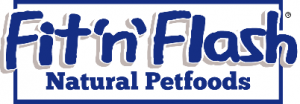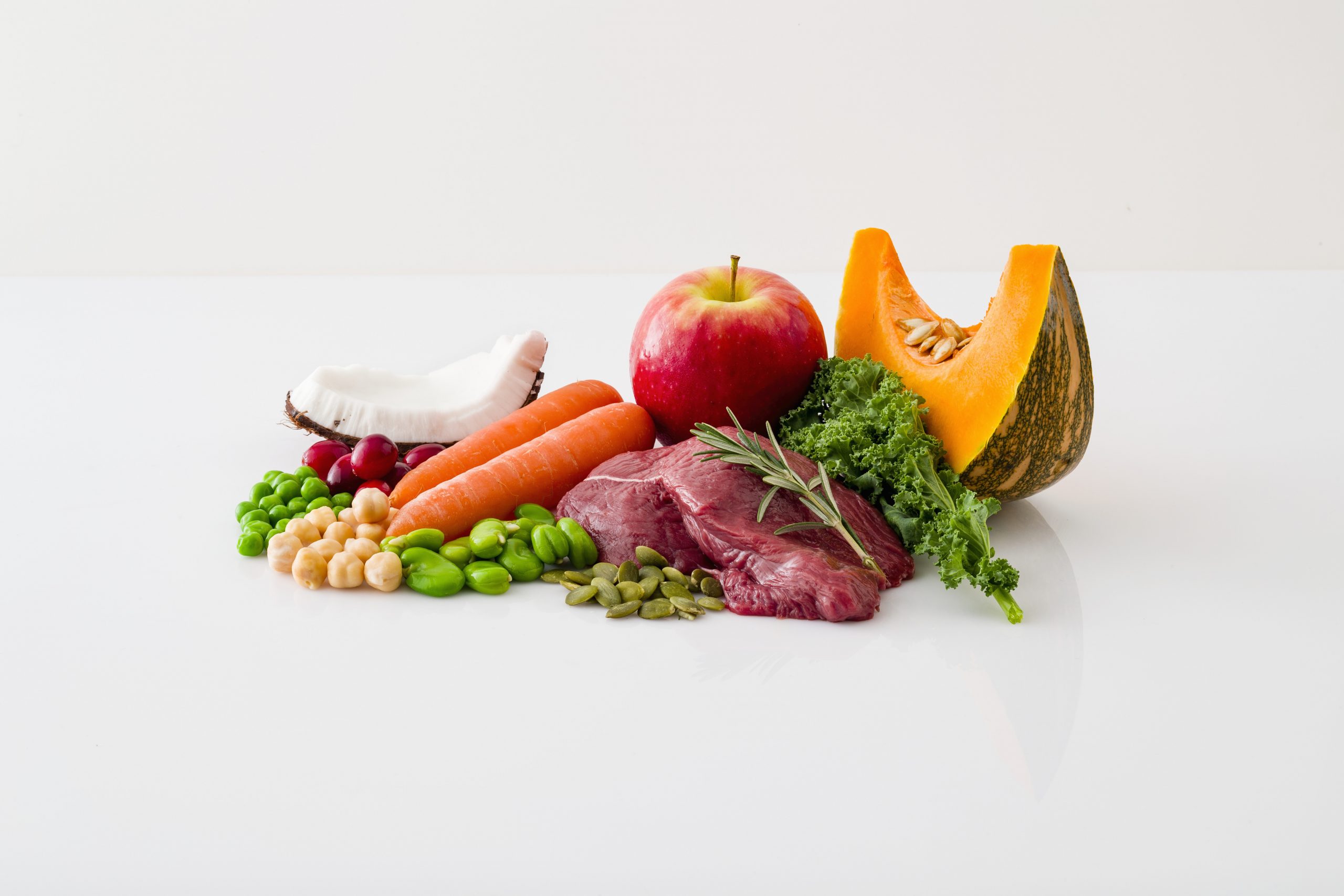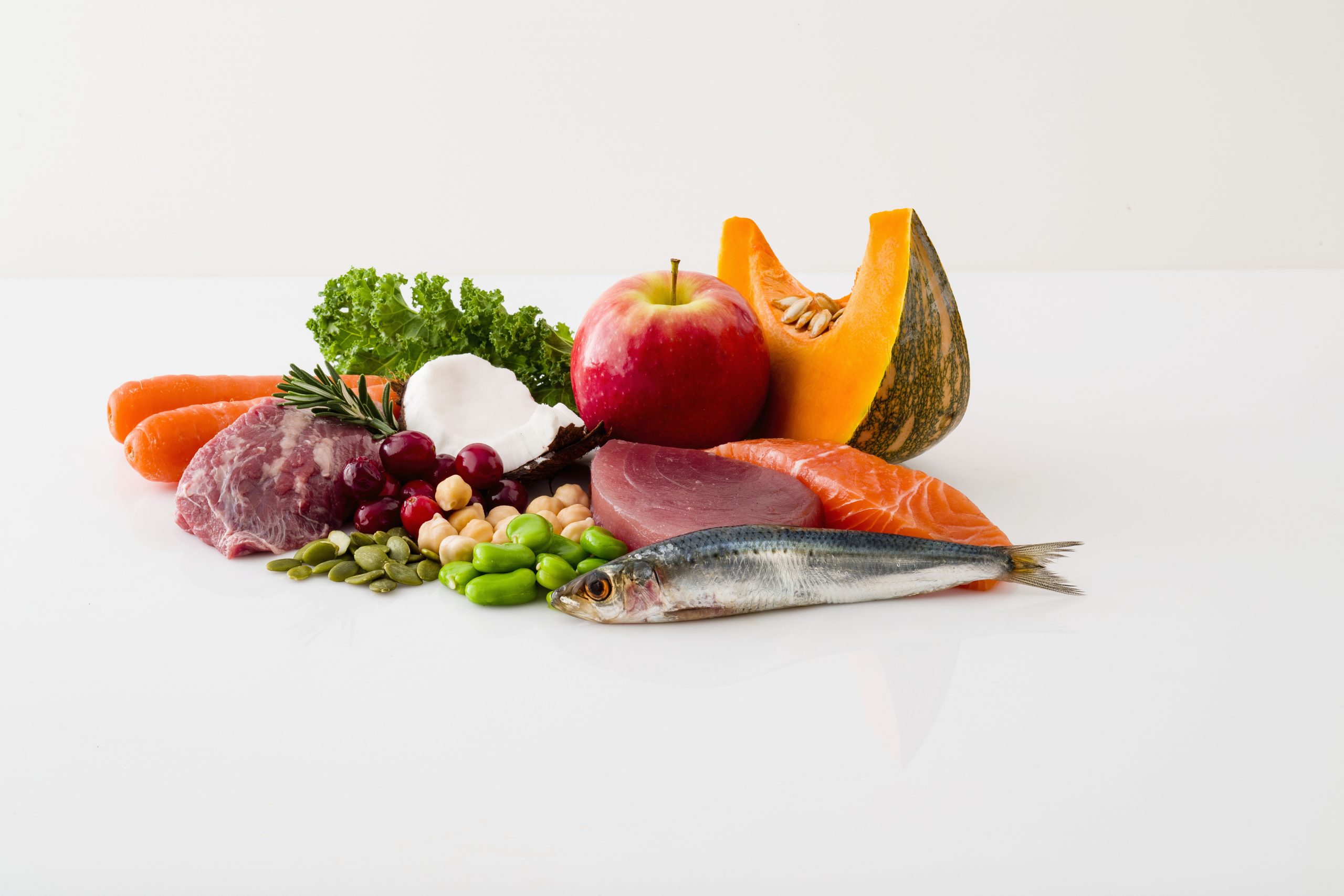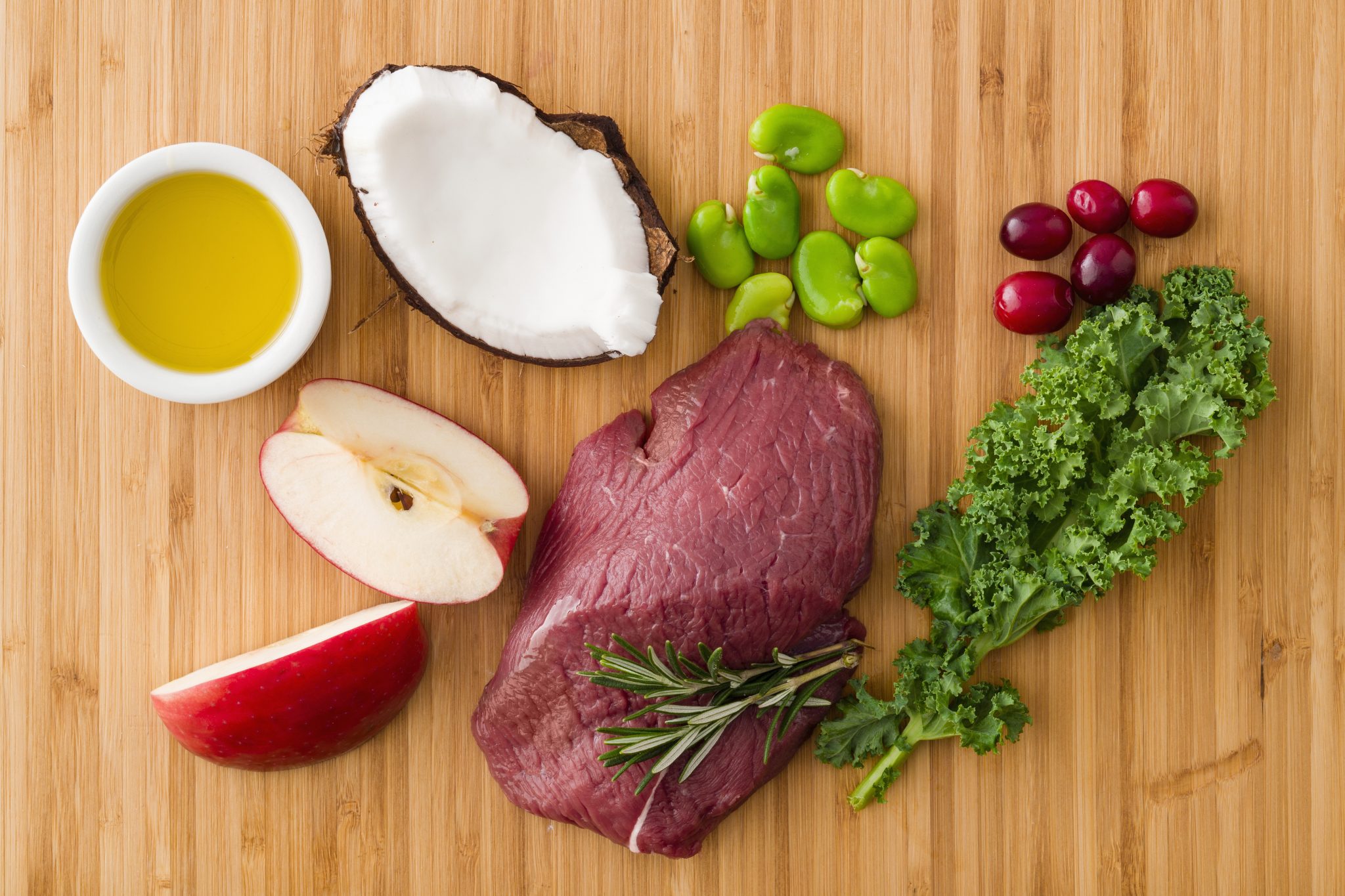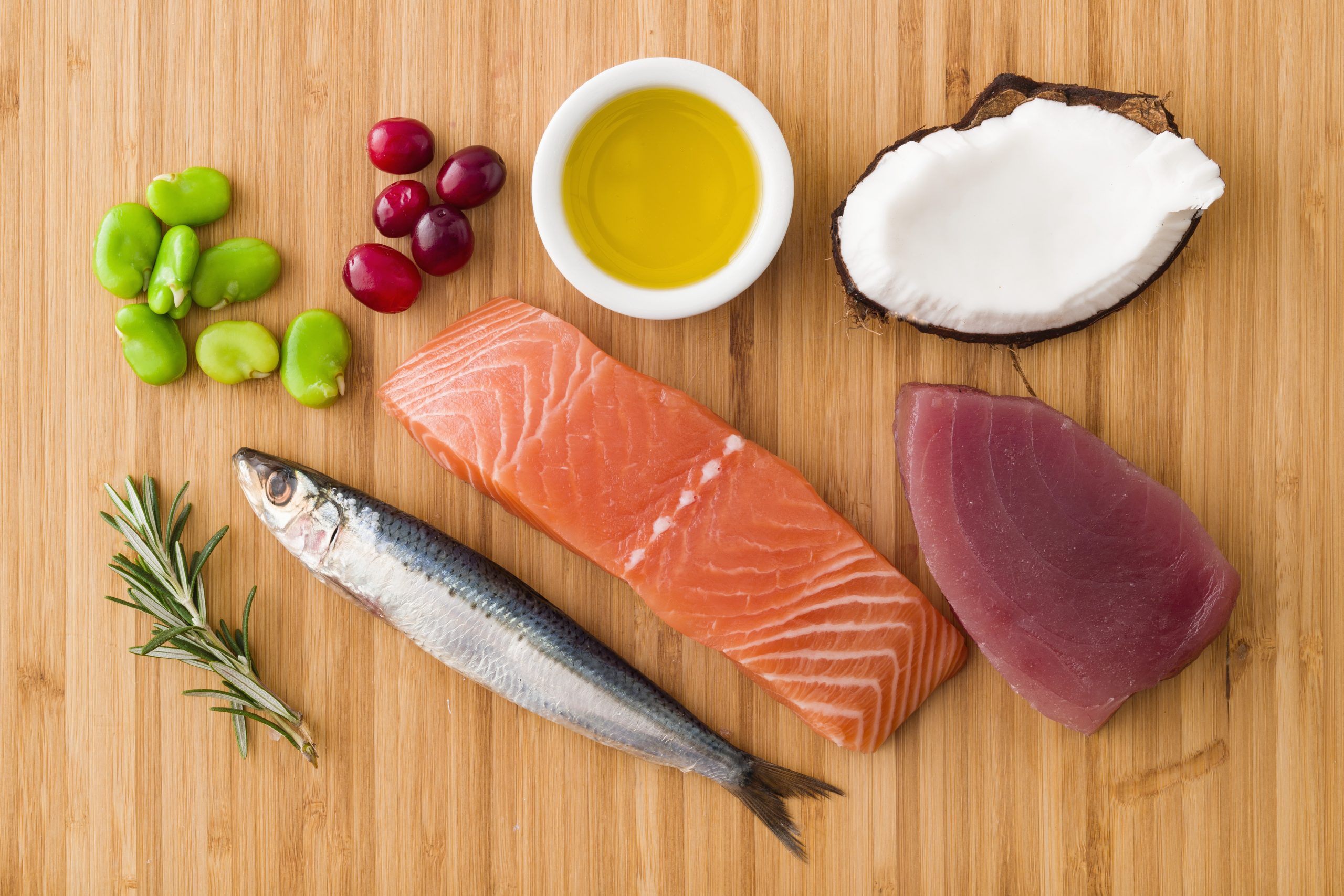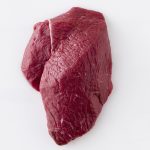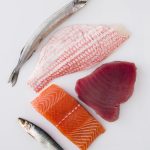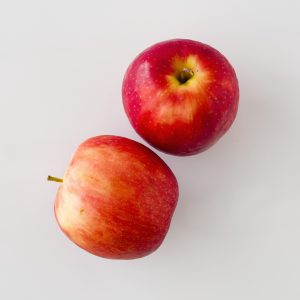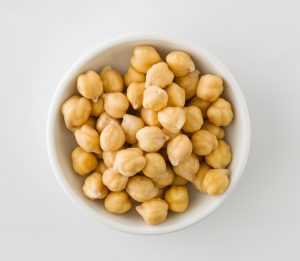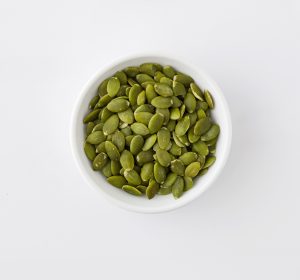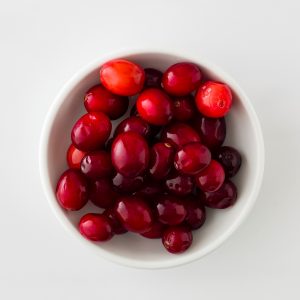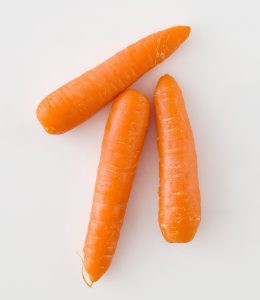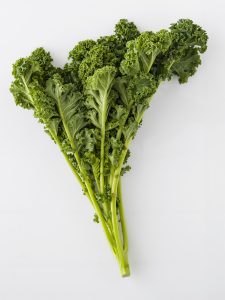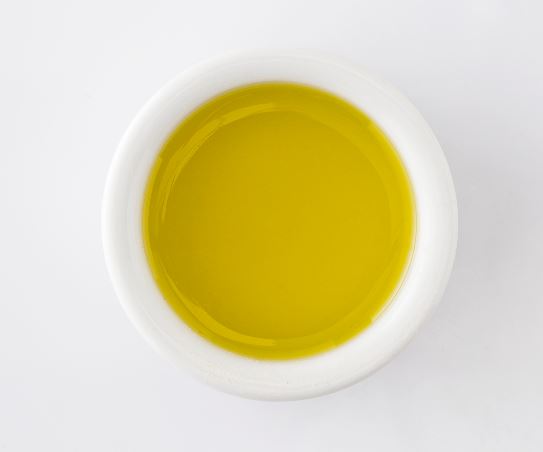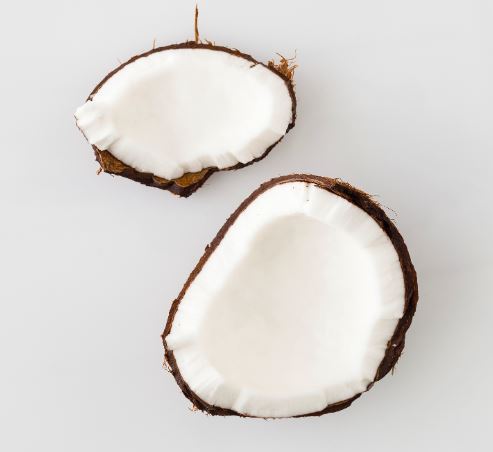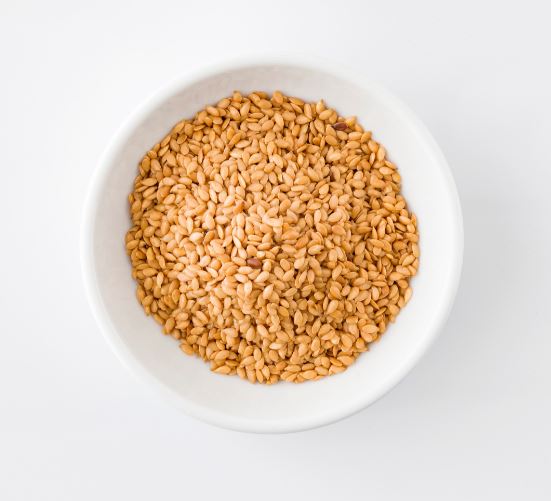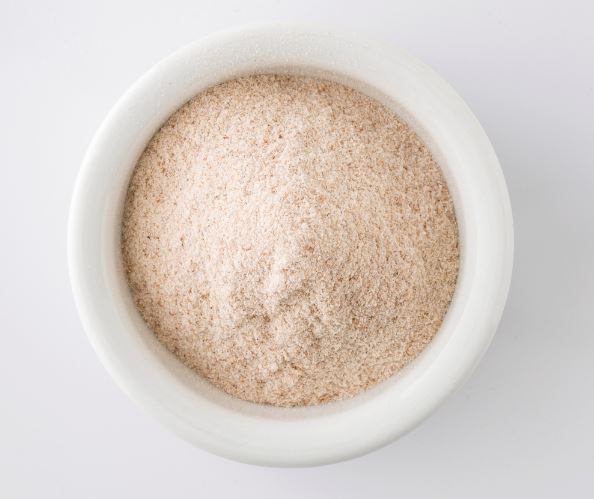Ingredients
Our Recipes
Shots from our Kitchen
Vitamins and Minerals
Supplements are added to ensure your dog reaches and maintains peak development.
Vitamins
- Supports healthy eyesight. Maintenance of the skin and coat and helps with a healthy appetite.
- Conversion of carbohydrates into energy and is essential for the functioning of the heart, muscles and nervous system.
- Important for growth, red blood cell production, maintenance of skin and coat, breakdown of protein, fat and carbohydrates.
- Assists in the functioning of the digestive system, skin, and nerves and is also important for the conversion of food to energy.
- Helps with the immune system and skin health.
- Prevents skin conditions and nerve problems, supports the synthesis of antibodies by the immune system, helps maintain normal nerve function, and acts in the formation of red blood cells and in protein metabolism.
- Along with Vitamin B12 and Vitamin C, folic acid helps to digest and utilize proteins, to synthesize new proteins when needed, and aids tissue growth and cell function. It is also necessary for the production of red blood cells.
- Important in the formation of blood and the maintenance of the nervous system.
- Vitamin C is synthesized in the liver by dogs. It is important in collagen synthesis, and in many other metabolic reactions, including proper functioning of the immune system.
- Promotes the body’s absorption of calcium, which is essential for normal development and maintenance of healthy teeth and bones. It also helps maintain adequate blood levels of calcium and phosphorus.
- Acts as a biological antioxidant, and is required for normal reproduction. Vitamin E is also important for the formation of red blood cells and it helps the body to utilize vitamin K.
- Essential for the protein and fatty acid metabolism.
- Required for blood clotting.
- Supports normal brain function. Assists with liver function and is important in building and maintaining cell structure.
Minerals
- A trace mineral that plays an important part in the production of connective tissue as well as the reduction of cellular damage by free radicals.
- Copper plays an important part in the production of connective tissue, the metabolism of iron and the reduction of cellular damage by free radicals.
- The process of binding or chelating copper to a ligand ( eg an amino acid) increases the likelihood that the mineral will be absorbed into the body.
- Potassium promotes healthy heart function, digestion and healthy muscles.
- A source of iron, needed for the creation of healthy red blood cells to carry oxygen through the body.
- Iron combines with copper and protein to form hemoglobin, allowing red blood cells to carry oxygen.
- The process of binding or chelating Iron to a ligand ( eg an amino acid) increases the likelihood that the mineral will be absorbed into the body.
Manganese is essential in the formation of cartilage and bones, as well as efficient cell function and neurological health.
- Manganese is essential in the formation of cartilage and bones, as well as proper cell function, and neurological health. The process of binding or chelating manganese to a ligand ( eg an amino acid) increases the likelihood that the mineral will be absorbed into the body.
- Selenium supports the immune sydtem and assists with joint health.
- An important element that protects against free radicals, promoting immune function, and improving skin and coat health.
- Zinc supports skin and coat health, wound healing and improving the immune function.
- The process of binding or chelating zinc to a ligand ( eg an amino acid) increases the likelihood that the mineral will be absorbed into the body.
Required for energy metabolism and it can support muscle recovery and oxidative capacity.
- Taurine supports eye health by combatting oxidative stress and age-related vision loss. It has also recently been shown to provide some protection to dogs susceptible to heart disease while being fed grain-free diets.
- A source of both sodium and selenium. Sodium is essential for proper cell functioning, working with potassium to maintain acid base balance. Selenium plays a vital role in combatting cellular damage caused by free radicals.
